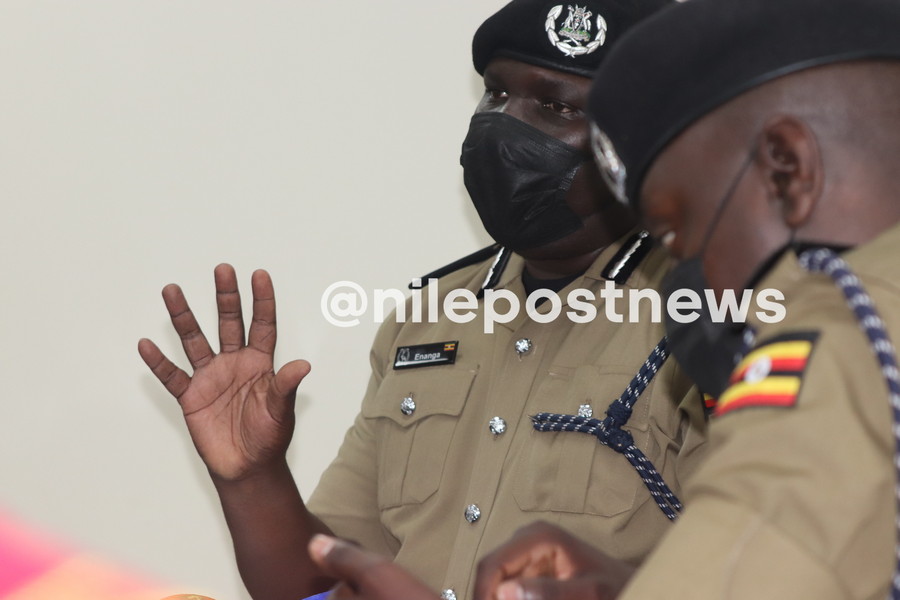Police say they will continue dispersing rallies despite Constitutional court ruling
Police has said they will continue dispersing rallies as they have been doing in case the situation warranties because they have powers to do so.
Early this month, the Constitutional Court in a lead judgment written by Justice Kenneth Kakuru declared section 36 of the Police Act unconstitutional noting that it authorizes and legitimizes brutality against citizens.
Keep Reading
The ruling meant that police powers to disperse public gatherings had been reduced, a move which prompted a number of politicians especially from the opposition to chest thump over the same.
However, the police spokesperson, Fred Enanga told journalists that the force still has powers to disperse gatherings as it deems fit.
“We acknowledge the decision of the court to nullify some sections of the Police Act but there are other provisions in the Public Order Management Act that give us mandate to police unlawful assemblies including violent protests,”Enanga told journalists.
Section 36 of the Police Act gave powers to a police officer who upon dispersing a rally, the persons continue assembling, to use reasonable force necessary for overcoming the resistance and it emphasized that person could not be liable in any criminal or civil proceedings for having used that force to cause harm or death to any person.
The ruling by the Constitutional Court however watered it down saying it was allowing impunity on the side of police officers while carrying out their duties and later walk away free.
However, the police spokesperson explained that as part of their mandate, they will continue policing and stopping unlawful societies including rallies that he said may lead to disturbance or incitement of peace and order of other persons.
“Those groups that are confrontational thinking the law was scrapped should stand warned that there are other provisions of the law that permit us to use reasonable force in policing assemblies,”Enanga said.
He explained that reasonable force ranges from use of the officers’ bodies to restrain members of the public to non-lethal weapons like pepper spray, batons and tear gas to use of live bullets in the air to disperse the crowds.
Enanga said the type of “reasonable” force to be used will always depend on the reaction and behavior of the protesters.
“They should know that scrapping of certain provisions of the law does not give them the right to hold unlawful assemblies including violent protests.”
The police publicist however noted they would continue engaging various stakeholders on how to work together.
More Training
Police officers have on several occasions been accused of acting unprofessional in quelling protests in various parts of the country but according to Enanga, the force will continue training its officers to act professional.
“Some of our officers fire teargas without being ordered to do so but we are continuing to train them to be more steadfast and confident in policing public order incidents.”

















